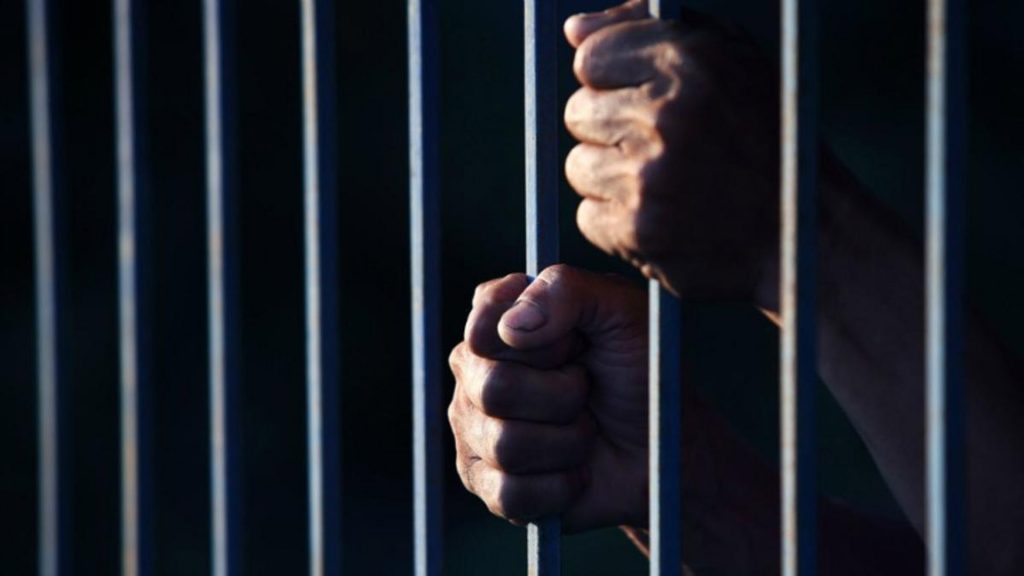When talking about punishment, deprivation of liberty is perhaps the most severe punishment that can be offered, but in Colombia, as a social state based on the rule of law, it cannot be forgotten that the main purpose is to be able to reintegrate people who have been punished into society.
As mentioned by Justice Antonio José Lizarazo, “during the execution of sentences, the search for the resocialization of the offender must predominate…”
It also states that “imprisonment or intramural punishment cannot be considered as the only way of executing the sanction imposed on the convicted person”.
That is why there are other preventive measures that allow for the fulfillment of the sentence and, in turn, social reintegration.
On this occasion we would like to talk about parole, what it is, how it can be accessed and what obligations the convicted person has if he/she accesses this modality.
What is parole in Colombia?
Parole is an alternative to serving a punishment of deprivation of liberty (such as prison or house arrest) granted by the competent judge so that, as its name indicates, you can be outside a prison or your home, but at the same time you must follow a series of obligations in order to serve your sentence.
Everything related to parole is enshrined in articles 63 to 68 of the Colombian penal code.
How can I access parole in Colombia?
Pursuant to article 64 of the Colombian penal code, it will be the judge who, by prior evaluation of the act that led to the conviction, and, in addition, if the convicted person meets certain requirements, may grant him/her conditional release.
These requirements are:
- That the person has served three-fifths (3/5) of the sentence.
- During your stay in the detention center, you have demonstrated good behavior and performance.
- Demonstrates family and social roots.
As mentioned above, it will be the judge who, analyzing the case and verifying that the convicted person has complied with the three conditions above, will grant parole.
This does not mean that the convicted person has been acquitted of the charges; he must still answer for his actions and fulfill specific obligations.
This article also mentions that the remaining time of the sentence will be taken as a probationary period, and if such time is less than 3 years, the judge may increase the probationary period up to another year if deemed necessary.
What are the obligations of a person granted parole in Colombia?
Previously, we mentioned that, even with parole, the convicted person must comply with specific obligations in order to be able to enjoy this modality.
Article 65 of the Colombian Penal Code
of the Colombian penal code:
- Report any change of residence.
- Observing good conduct.
- To repair the damages caused by the crime, unless it is proven that he/she is financially unable to do so.
- Appear in person before the judicial authority that oversees the execution of the sentence.
- Not to leave the country without prior authorization from the official overseeing the execution of the sentence.
The rule is very strict and clear: if any of the obligations mentioned above are not fulfilled, the benefit of parole will be revoked and the prisoner will have to return to the penitentiary center to serve his sentence (
Article 66
).
Special cases
There is a special case in which the convicted person may be granted a benefit and this is when he/she has a very serious illness that makes it impossible for him/her to serve his/her sentence in the penitentiary center.
A specialized medical examiner will perform the appropriate examinations and will confirm or not that the convicted person has a serious illness, so that he can serve his sentence at home or in a hospital, as determined by the judge.
The National Penitentiary and Prison Institute (INPEC) will be responsible for assigning such a place if the sentence is served in a hospital.
If the convicted person wishes to serve his sentence in a specific hospital, he may do so, but the costs will be borne by him.
The judge will order periodic examinations to observe the evolution of the disease:
- If the disease evolved to a condition in which treatment can be performed inside the prison, the benefit will be recovered.
- If after the time of the sentence, the person does not show improvement, the sentence will be suspended and the person will obtain absolute freedom.
In conclusion
Parole is a benefit and an alternative tool to serving the sentence that reinforces the resocializing purpose sought by the Colombian justice system.
At Servicio Legal, your online legal support, we specialize in criminal law and can advise you on parole and how to apply for it if necessary.



